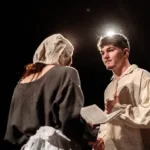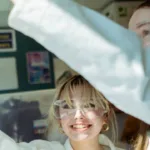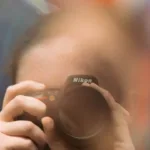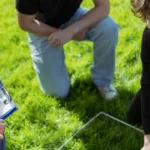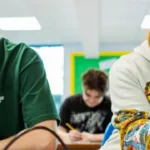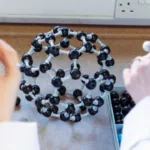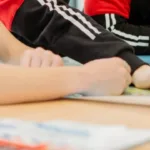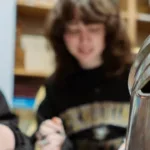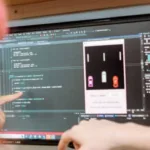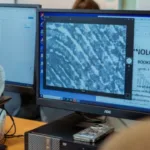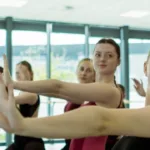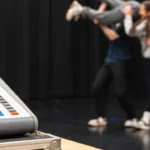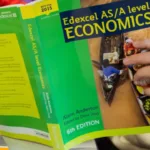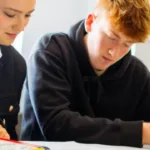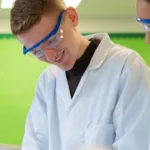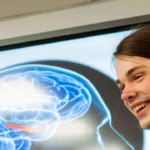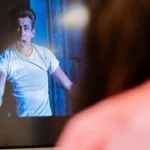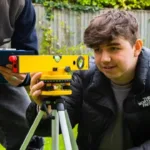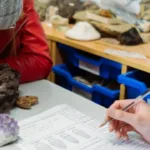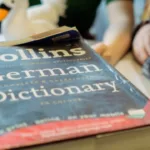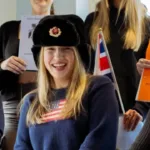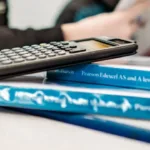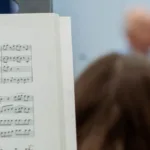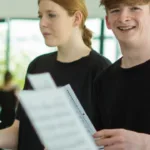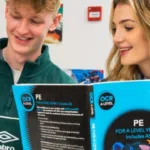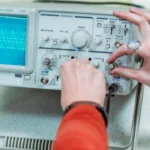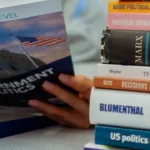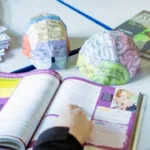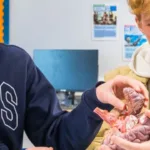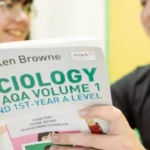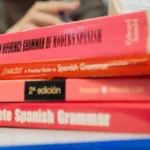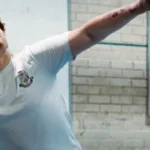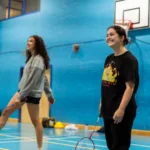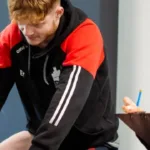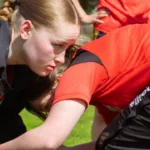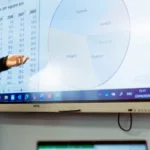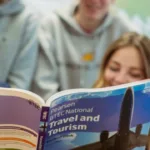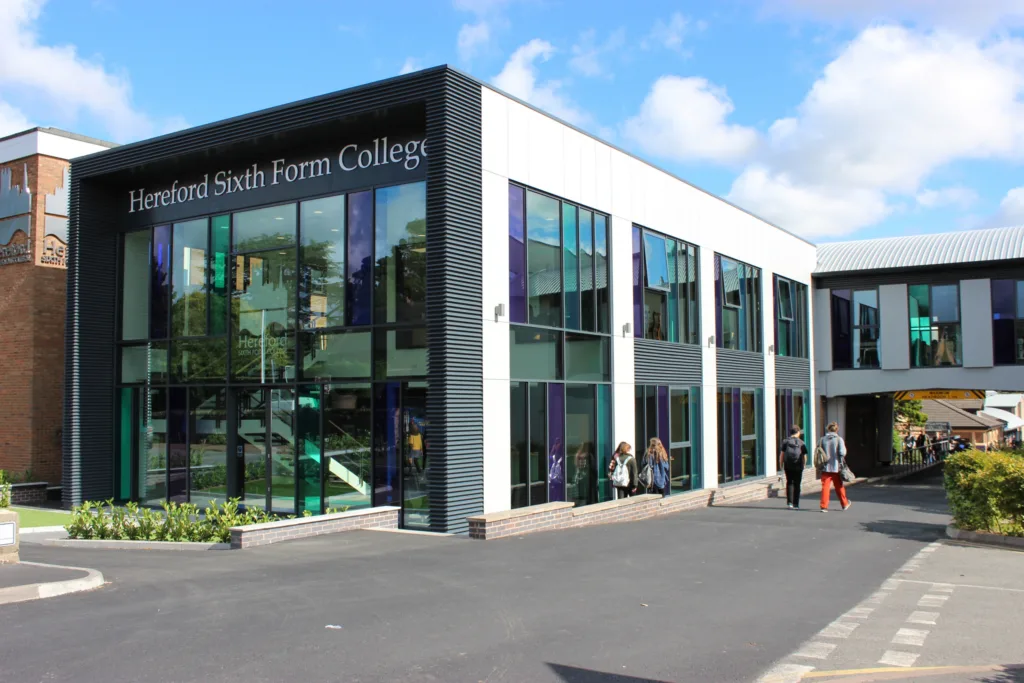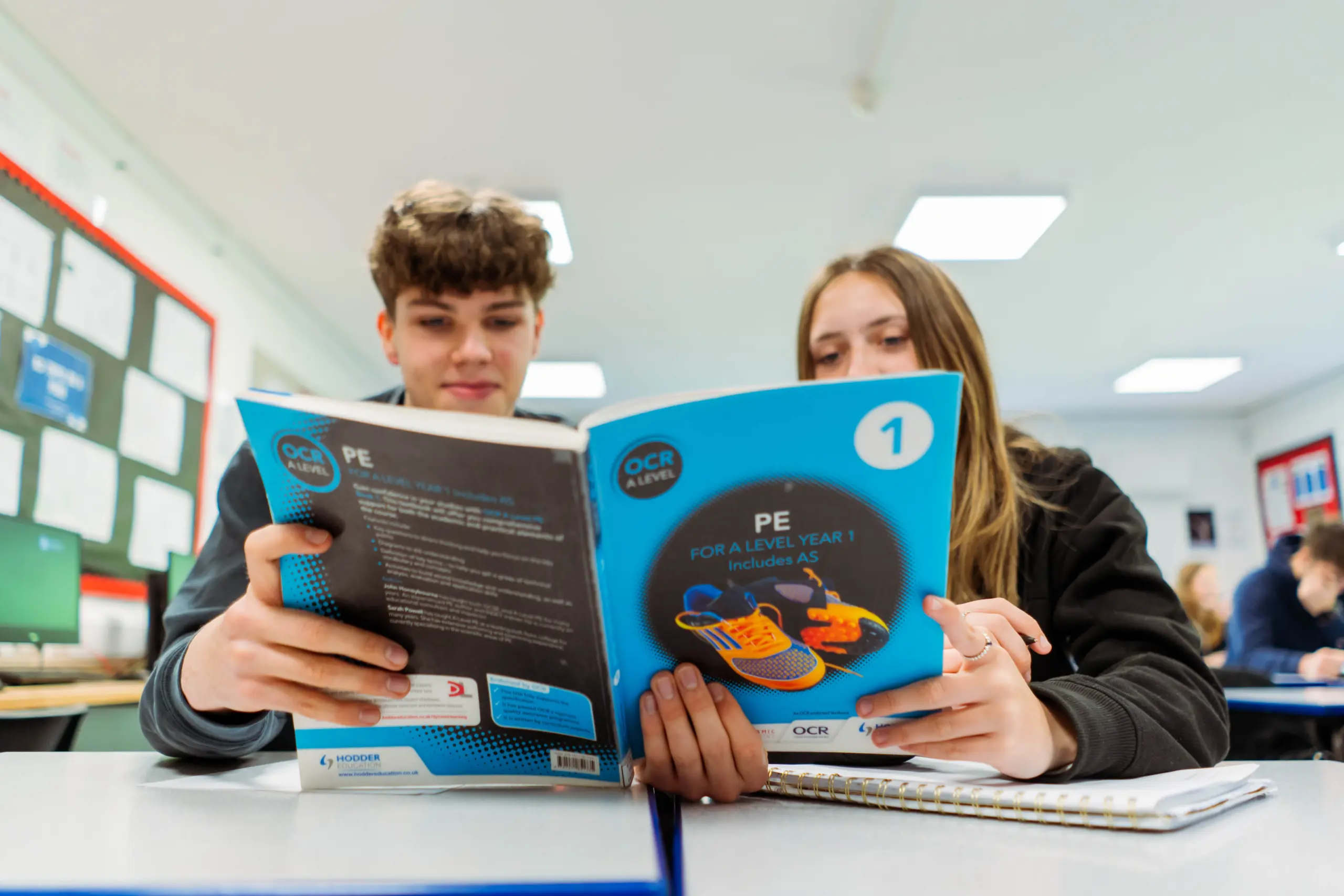
Physical Education
This A Level provides you with an informed scientific and human understanding of the key issues in Physical Education today.
Physical Education A Level
This course looks at Physical Education from a theoretical perspective with some applied practical elements.
You need to be aware that the opportunity for practical performance is limited within the delivery of this programme.
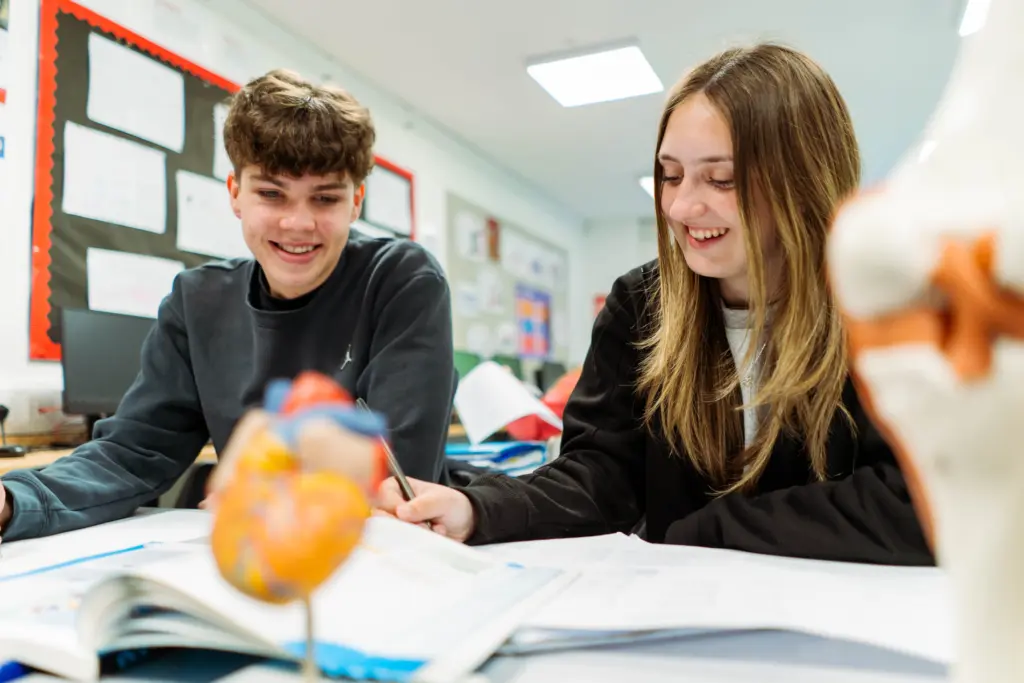
What does the course involve?
This A Level provides you with an informed scientific and human understanding of the key issues in Physical Education today. There are three main theory units:
- Physiological Factors Affecting Performance
- Psychological Factors Affecting Performance
- Socio-Cultural Issues in Physical Activity and Sport
- Performance in Physical Education
The Physiology unit has the heaviest weighting and therefore this course includes a substantial science element.
The course has a strong academic focus. You will have four lessons each week and be expected to supplement your classroom learning with independent study. This study is a compulsory part of the programme and is structured into regular directed study tasks.
It is essential that you are a competent practical performer. The practical assessment contains performance within a competitive environment and a verbal evaluation and analysis of performance. Both hold equal weighting and provide 30% of the final grade.
Opportunities
The Enrichment area of this website has more information about extra-curricular sporting activities, including the Sports Academies and Elite Athlete Support Programme.
Assessment
Qualification
A Level
Awarding Body
OCR
Entry Requirements
As a minimum you need:
- Grade 6 or B in GCSE Science and Maths;
- Grade 6 or B in GCSE Physical Education or;
- Distinction in BTEC Sport would be beneficial.
Trips
Sport Academies, Visits and Guest Speakers from Universities such as Cardiff MET and Gloucester University.
Career path
A Level Physical Educational will support a progression in to most Sport/Sport and Exercise Science related degrees at Higher Education as well as those seeking employment within the sports industry. Career aspirations include sports science research, performance analysis, teaching/lecturing, strength and conditioning and health and sport related therapies.
What I like best about PE is the rounded learning you have, you don’t just learn about the physiological, you also gain a greater understanding of the psychological and the socio-cultural side of things.
Dannie

